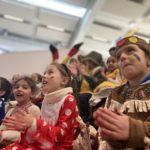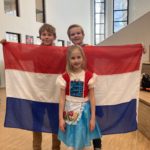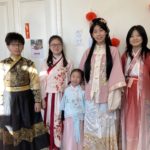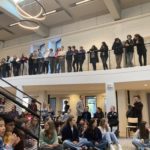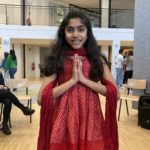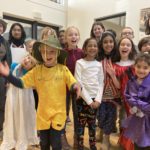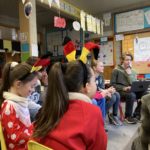International Mother Language Day 2023 | Celebrating Diversity
International Mother Language Day was yet again an amazing showcase of the linguistic diversity of the students at Antwerp International School. It was also a day of collaboration and a wonderful chance for students to work across grade levels.
Celebrating Diversity
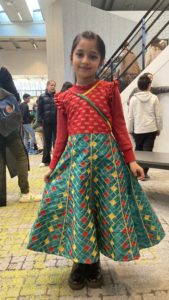 Primary school and Grade 6 – 9 students spent an entire school day immersed in their mother languages. Grade 9 students and parents read a culturally significant story to the younger students in their mother languages during the morning and prepared for the Storytelling Fair in the STEMzone, which was held during the afternoon. “International Mother Language Day is just one day that we select to celebrate the linguistic diversity of our students but throughout the year we encourage students to use their home languages or their mother language in instruction because although we’re an English language medium school, it doesn’t mean that English is the only language of learning that takes place at the school,” Kerrilyn Thacker, EAL and Mother Tongue Coordinator said.
Primary school and Grade 6 – 9 students spent an entire school day immersed in their mother languages. Grade 9 students and parents read a culturally significant story to the younger students in their mother languages during the morning and prepared for the Storytelling Fair in the STEMzone, which was held during the afternoon. “International Mother Language Day is just one day that we select to celebrate the linguistic diversity of our students but throughout the year we encourage students to use their home languages or their mother language in instruction because although we’re an English language medium school, it doesn’t mean that English is the only language of learning that takes place at the school,” Kerrilyn Thacker, EAL and Mother Tongue Coordinator said.
There were 29 languages represented, with students presenting stories through a variety of formats, such as puppets, plays, light boxes and picture books. “Maintaining exposure and opportunities to use your home languages allows you to affirm your identity. It also maintains cultural connections to your family back home and it supports acquisition of academic English at the same time,” Ms Thacker explained.
During this celebration at AIS, the following languages were showcased: Chinese, Hindi, Spanish, German, Portuguese, Serbian, Turkish, Italian, French, Japanese, Gujarati, Russian, Armenian, German, Czech, Serbian, Yoruba, Romanian, Dutch/Flemish, English, Swedish, Danish, Icelandic, Hebrew, Finnish, Korean, Kannada, Tamil and Bulgarian.
Ms Thacker adds, “International Mother Language Day has been celebrated on 21 February around the world since it was approved by UNESCO (United Nations Educational, Scientific and Cultural Organization) in 1999 following the initiative of Bangladesh. Its aim is to encourage multilingual education and the maintenance of linguistic diversity around the world. We use the same name as UNESCO, but what we are celebrating are all the languages of our students whether we call it their mother language, mother tongue, home language, first language or heritage language.”
The event was largely student-led, with a Grade 9 student acting as the master of ceremonies and Mother Language groups led mostly by Grade 9 students. From Early Years to Grade 9, it provided an outstanding opportunity for students to work across grade levels and for our younger students to meet and talk with older students sharing the same mother language.
Ms Thacker adds, “Students’ skills and knowledge in all their languages should be explicitly valued and recognised as resources for exploring new ways of thinking and knowing. This plays a role in affirming the identity of all our students and guaranteeing that they continue to develop all of their languages and not only English. Our Mother Tongue programme also supports this.”
Bravo to all involved!
Quick
Links
Your
contact
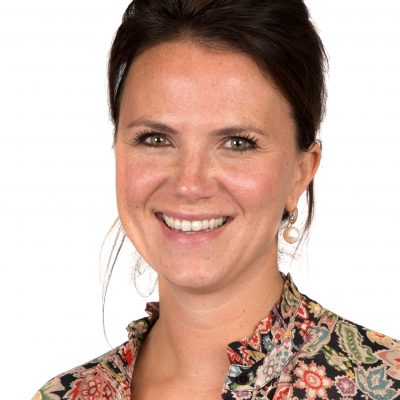
Romy De Keulenaer
Head of Admissions

